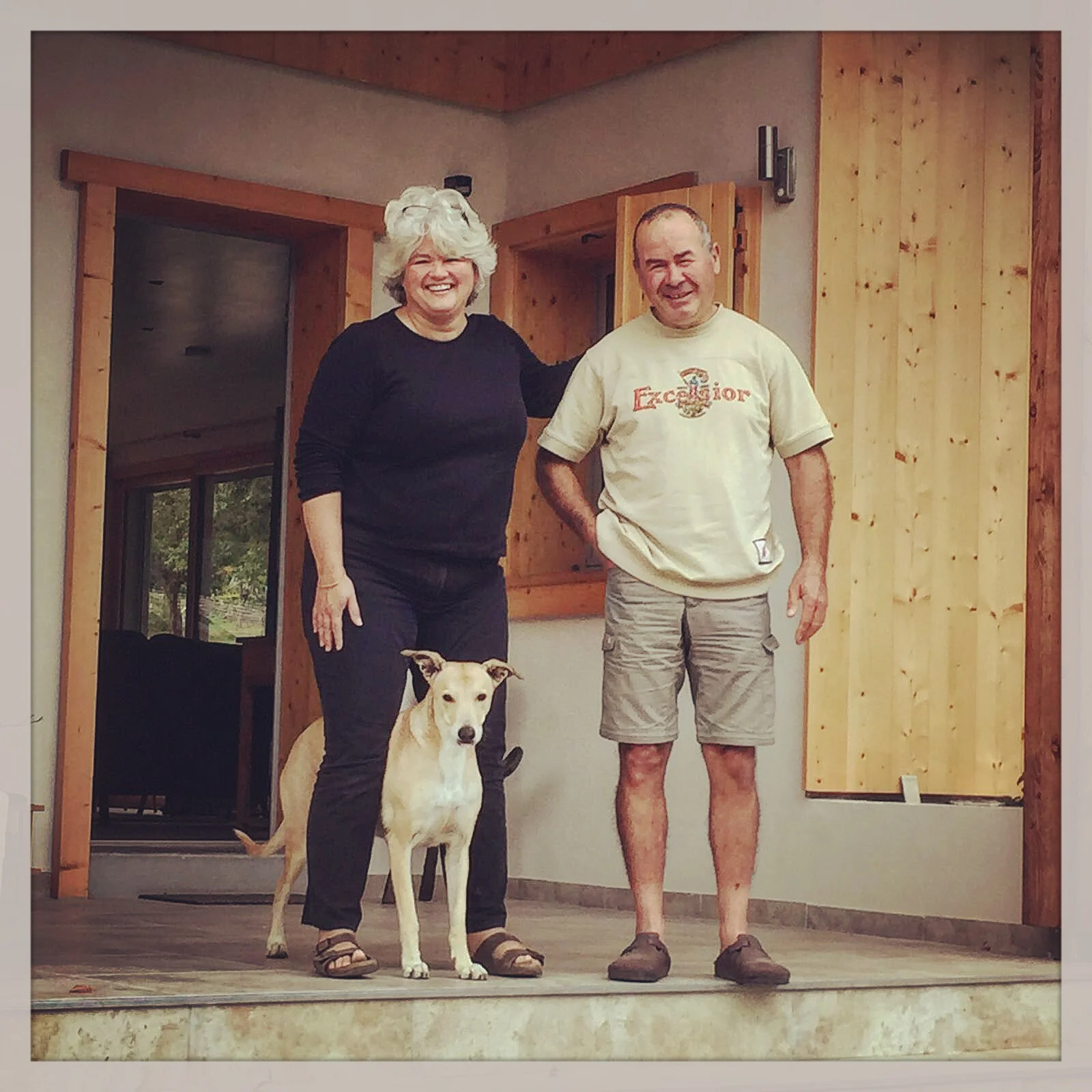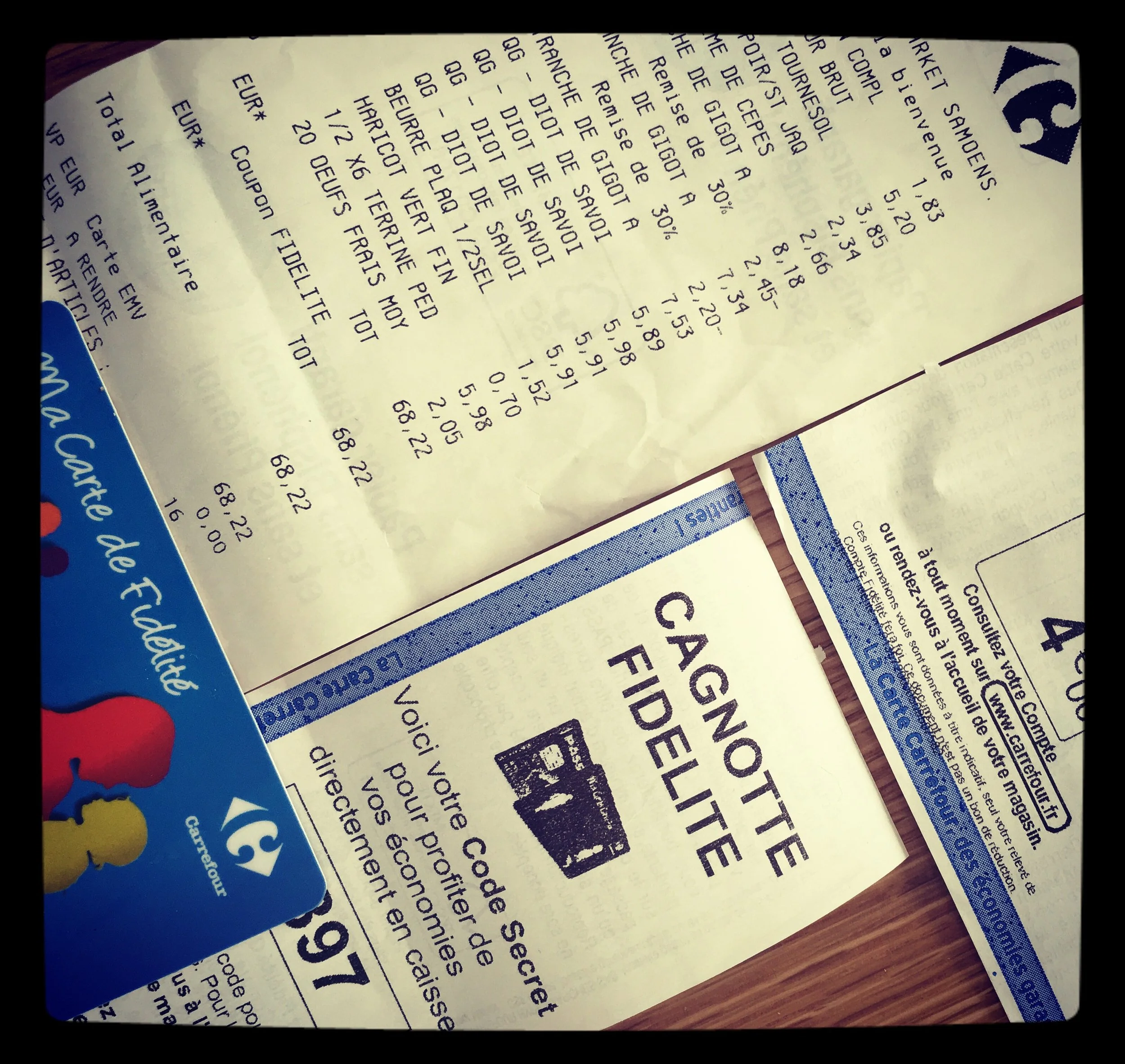#43 The Transition Designer
I first met Jayne Hilditch on twitter a few years ago through our shared interest in making public services better. Last year, I was lucky enough to sit on a panel Jayne was chairing and since then I've been hooked on her commitment to making the housing sector better by building things like Housing Camp. I've followed her bold step to transition into a change of lifestyle through the window of social media and I think it's pretty incredible. Here's what she has to say ...
What’s the biggest lesson you’ve learnt over the last year?
About a year ago, I moved France to complete a building project, run a ski chalet, and work remotely on digital strategy for a Housing Association. It was all about wanting to live differently. London life has been great - but time for a change. There have been *so* many experiences and things learned. How not to manage a building project (remotely); how to register a business in France and navigate the taxation system (beware all the assumptions you make because you know how these things work in the UK), that cooking and serving spaghetti for 14 needs an enormous vat of water to stop it clumping; that French needs to be practiced in context (asking someone to speak more ‘doucement’ is more polite and effective than ‘lentement’), that it's really hard to let go of strategic projects you’ve lived and breathed for a couple of years, but let go you must, so that other talented folks can do the living and breathing and move the project on.
But you asked about the biggest lesson. I guess the biggest lesson, is really experiential, learning what it's like to be ‘an outsider’. My french is passable, I can communicate (albeit not very eloquently) and get the daily transactions of life done. But it's always with a degree or two of trepidation - have I understood something properly? Have I made an assumption on what I think should happen, based on how things are in the UK? Even trivial things, like the way supermarket loyalty points operate, is different. They have a PIN like a bank card, and any money-off discounts in the store are added to the card, not taken off your bill. I only discovered this when I queried my grocery bill at the supermarket and got to feel embarrassed, like a complete idiot, for not understanding how a loyalty card works. And that’s got me thinking about public service delivery (particularly social housing, given my background) works in the UK.
How do our customers who aren’t confident in English (or those with limited literacy) feel when they get ‘formal letters’ through the post. Most Housing Association letters I’ve seen come with a big dollop of pseudo-legalese that make them hard to understand. Doubly-so when you’re already anxious that you might have gotten something wrong, that it might cost you a lot of money, or that you might lose your home. How people *feel* often doesn’t make it into a service specification, but it surely influences how they behave. So now, when I’m working with Housing Associations on their digital services, I’m encouraging them to think a lot more about how people might feel about an interaction, and making sure that gets researched properly.
What’s your burning question of the moment?
How can immigration work well?
On one level, I’m thinking about my own immigration, and what Brexit might mean for me, as a Brit living in France. This is a journey we made through choice, with resources & language skills, but its still hard work. We experience a range of reactions within our local french town - some smile and cheerily help with our getting to grips mountain living - others are openly hostile to incomers. It leaves me with a new sense of admiration for those who undertake such journeys in much less comfortable circumstances.
Seeing the Calais ‘jungle’ camp on one trip back to the UK this summer was a truly sobering experience. I was driving a transit van, and sitting high up, could see the vastness, the miles of fences & razor wire. And the visible security presence at the port. It was not long after the terrorist attack in Nice, and France felt (understandably) on edge.
I realise it's complicated, and that open-door immigration is not problem free. But I’m convinced that when you have more than you need, the right thing to do, is to build a bigger table, not a bigger wall. And that may well mean that we, relatively safe, relatively wealthy Europeans, need to have a little less. But the mass consumerism experiment hasn’t made us all super-happy, and it's messing up the planet in the meantime. Global inequality was always there, now through the miracle of accessible technology we see it laid bare. And currently with a dose of religious intolerance & political despotism layered in. There has to be a better way.
So what is that ‘better way’? How do we help migrants learn a new language, adjust to a new set of cultural norms, make a new life? What can host countries do so that immigration adds to the richness of national life, rather than threatening long-cherished ways of life? How can diverse communities peacefully co-exist? Which countries experience might offer some insight into what works and what doesn’t? Work in the social housing sector, marriage to a refugee, and my own EU migration have all given me little snippets of insight - but I’m lacking a bigger, long-term systemic view, so right now I’m getting stuck into reading “The long road home” a book about post WW2 migrations. And of course, I’m wondering what role digital could play.
What’s the most inspiring thing you’ve seen / heard / read in the last year?
Just one? There are so many….
The people of Lesbos, Greece. Lesbos is a small island, population 86,000. In the last two years, more than 660,000 refugees have passed through Lesbos. Now some 25,000 are settling among the local population. Greece has had its own economic meltdown in recent years, its' not a rich country, but I am humbled by the Greek people sharing what they have, with their new arrivals.
The little girl who used google translate to make friends with a lonely class mate who spoke no english. For me, google translate has become the most used thing on my phone. I love it when technology helps builds bridges, tiny bridges helping people connect, one step at a time.
The enormity of the mountains here in the Alps. Huge, big, open spaces. Plenty of space to clear your head, think, get some perspective on life. The weather is in charge around here, not the humans. We adapt to it, change the way homes are built, the way farming and agriculture operates, it shapes the rhythm of the valley. But the overwhelming dominance of the natural environment here is a daily inspiration.
What would be your one piece of advice to students out there?
Learn to ask good questions. It's way more important than ‘knowing stuff’. The stuff you know changes, but if you keep curious, keep asking, you’ll keep learning. Open questions that make you think, that delve a little deeper, that ask why as well as what and how (and if you’re cooking spaghetti for 14 friends, use at least 4 large pans)




